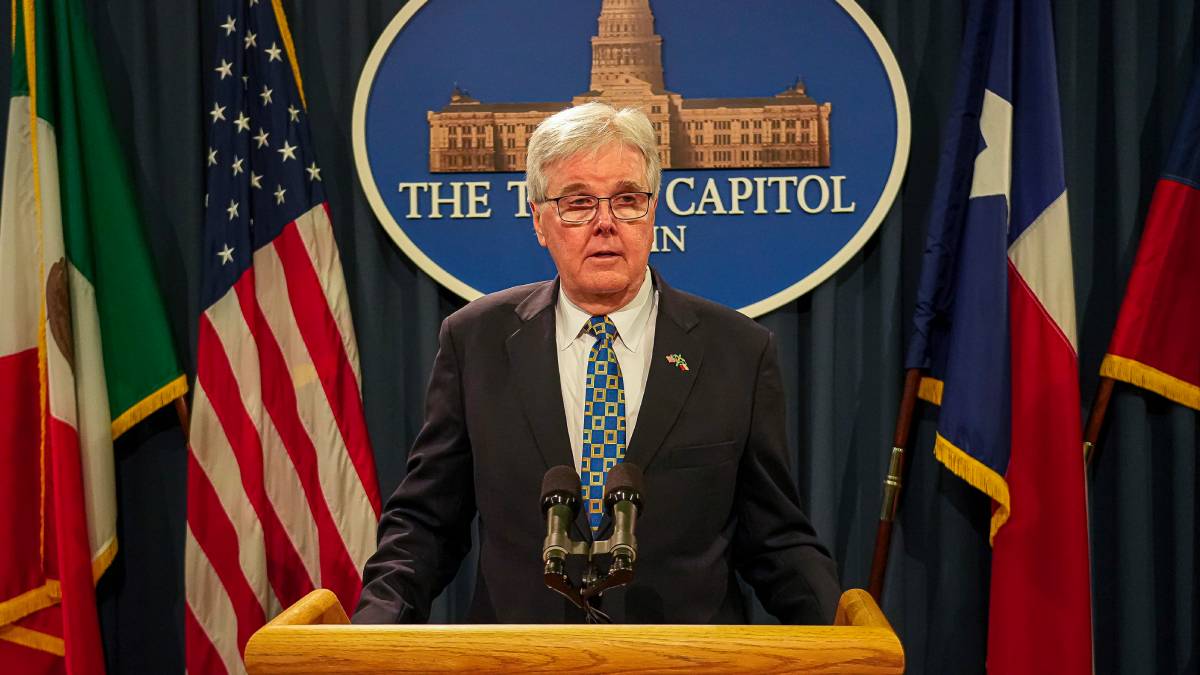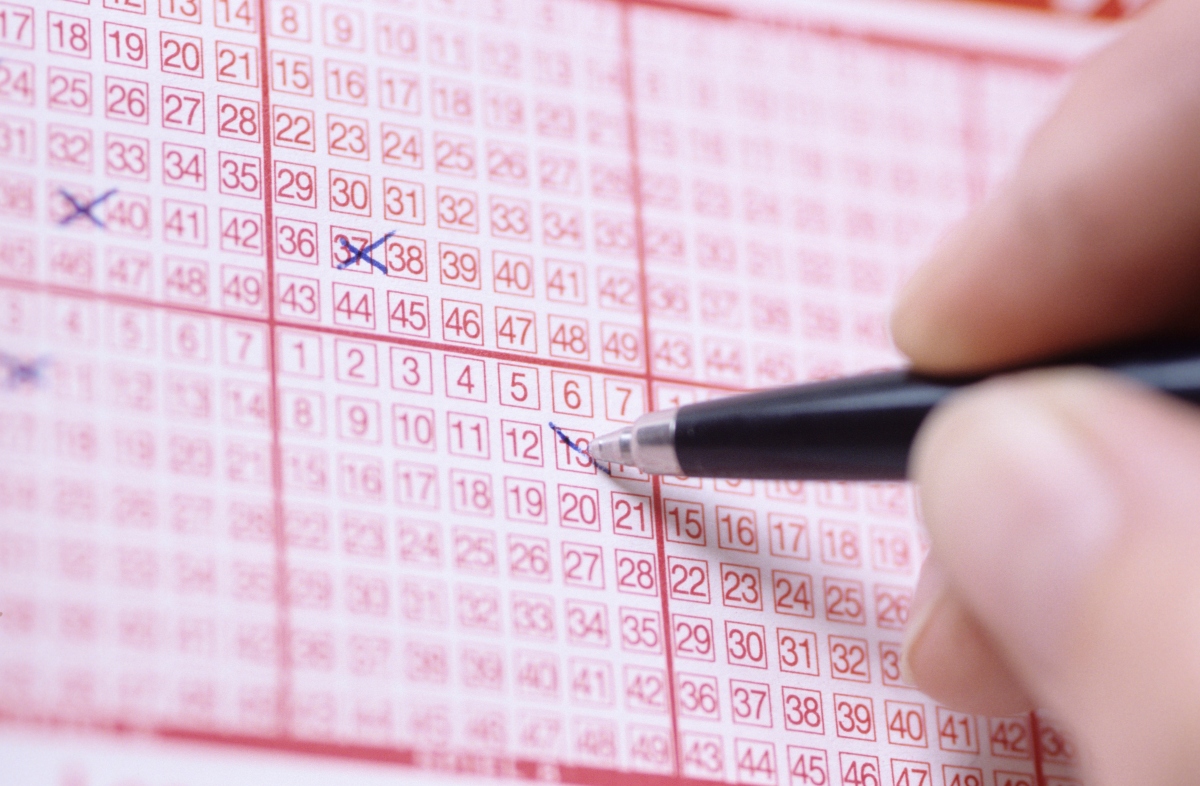In a scheme that seems straight out of a movie, a group of international gamblers managed to outsmart the Texas Lottery in a way that has left many scratching their heads, and now lawmakers are making moves to ensure it never happens again.
Orchestrated by a London-based banker and gambler in the spring of 2023, this daring operation has sparked outrage and led to a flurry of investigations.
The Wall Street Journal wanted to know how they pulled it off, so reporters Joe Wallace and Katherine Sayre dug in.
They uncovered details about the key players behind the operation, including finding out the identity of the man whose primary responsibility was to fund the operation. He's an Australian high roller, known as "The Joker" for his reputation in casinos and racetracks worldwide. His real name is Zeljko Ranogajec.
His partner, Bernard Marantelli, was crucial on the ground, executing the operation in Texas.
How Did They Do It?
The operation was apparently planned in Malta and funded by a London-based betting company. The Joker, with a strategic plan in mind, reached out to his global contacts with an unusual request. Could they help him take down the Texas Lottery?
His team, operating from various locations across Texas, including an old dentist's office, executed the plan to perfection. Over three days, using dozens of machines that printed over a hundred tickets every second, they managed to outsmart the lottery system.
This meticulous effort paid off when they hit the $95 million jackpot and won an astounding $57 million (after taxes). They ran the risk of splitting the pot with another winner, but no one else had picked the winning combination, and so they won it all.
But how could this happen? Because the state of Texas permitted online lottery ticket vendors to print tickets for customers. The retailer that sold the winning ticket was a business affiliated with a lottery courier, a ticket butler service that legally allows a player to play the lottery online in a state where direct online sales are not yet approved.
This loophole was exploited to the fullest by the gambling group.
Fallout and Investigations
When the story broke, public outrage ensued. Even the Lieutenant Governor of Texas, Dan Patrick, described it as the “biggest theft from the people of Texas in the state’s history.”
The incident spurred multiple investigations and brought significant media attention.

In March, Texas lawmakers met to talk about a proposed law, Senate Bill 1346, which aims to stop people from trying to game the lottery system by buying up all possible ticket combinations. Senator Bryan Hughes, who is backing the bill, described this as "trying to cheat."
The proposed law would make it the responsibility of retailers, like stores and delivery services, to stop such buyout attempts. If retailers break this rule, they could lose their lottery license for a year and wouldn't be able to apply for a new one until then.
This bill was prompted by an incident in April 2023, when a courier service collaborated with an international group called Rook TX to automatically buy nearly every lottery ticket combination for a $95 million Lotto Texas jackpot. They used QR codes to quickly print tickets in just 72 hours.
If passed, the law would be enacted in September.
Why Target the Texas Lottery?
The team recognized a unique opportunity in Texas, specifically with the Texas Lottery.
The jackpot had been accumulating for months, reaching a tantalizingly high amount. They realized that if they bought enough tickets, they were almost certain to win the big prize. The gamble was that no one else would buy the winning ticket combination, and luckily for them, no one did.
Key to their strategy was the relatively low number of lottery tickets sold weekly in Texas. This limited competition, combined with the high stakes, made Texas an attractive target for the gambling group.
A Brief History of the Texas Lottery
The Texas Lottery was established in 1992, aiming to generate revenue for the state and fund various programs, including education.
The Texas Lottery Act became law in August 1991, pending voter approval. Voters easily approved it in November of that year. The Lottery started selling tickets on May 29, 1992, 47 days ahead of schedule. Its first game, the Lone Star Millions scratch ticket, sold 23.2 million tickets in one day, setting a world record. Within three hours, the start-up costs were recovered. In its first week, 102.4 million tickets were sold.

In November 1992, the Lottery introduced Lotto Texas, which rapidly surpassed $1 billion in sales in less than a year. Following games included Pick 3 in October 1993 and Cash 5 in October 1995.
Early successes made the Texas Lottery the top-selling lottery in the U.S. for two straight years starting in 1994. However, sales dropped in 1998 when the legislature reduced prize payouts. Payouts returned to previous levels in 2000, but it took years for sales to recover.
Despite setbacks, the Lottery continued to break records. In 2004, Lotto Texas hit a $145 million jackpot, the second-largest for a single-state lottery in U.S. history.
However, the recent events have highlighted potential vulnerabilities in its systems, prompting calls for reforms and tighter regulations.
Full Credit to the Wall Street Journal
This incredible story was brought to light by the investigative efforts of The Wall Street Journal.
Wallace, Sayre, and the Journal team pieced together the events leading to what could be ranked as one of the most boldest lottery schemes in history. You can get a lot more out of their in-depth reporting. The Texas Standard also did a great summary piece on the plot.
In the aftermath of this astonishing exploit, the future of the Texas Lottery could see significant changes. It may also contribute to the fact that lawmakers are hesitant to build casinos in The Lone Star State. One thing's for sure, this story serves as a reminder of the lengths some will go to beat the odds.









